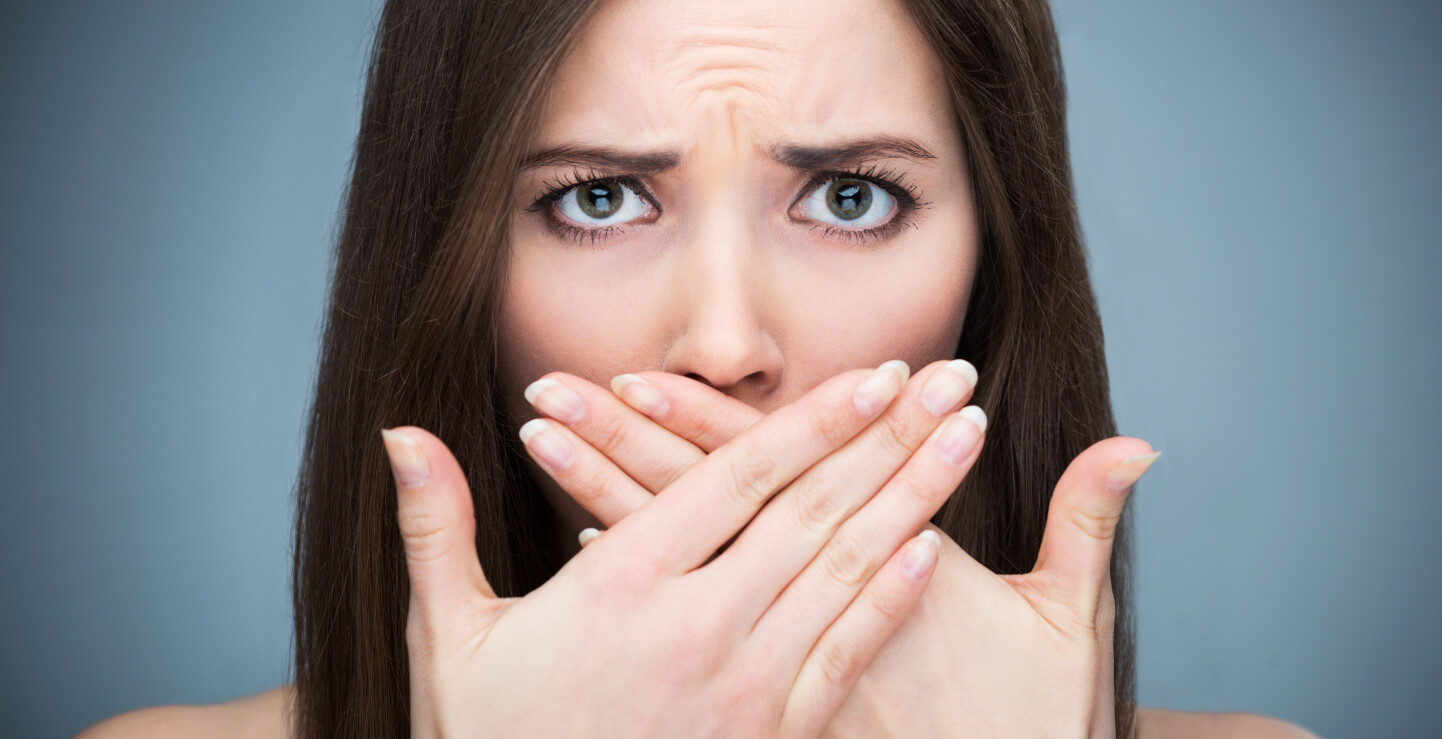Bad breath is a common problem, especially first thing in the morning (“morning breath”), but also during the day (halitosis).
Foods can cause bad breath; garlic (the “stinking rose”) and onions are classic examples. Reflux of stomach contents can do the same, as can serious diseases of the liver or kidneys. Infections of the tonsils, sinuses, or respiratory tract can also be responsible for bad breath. But the usual culprits are oral bacteria.
Morning breath is caused by breathing through the mouth during sleep; saliva dries out, allowing bacteria to multiply and produce sulphides, amines, and other bad-smelling gases. Any medication or condition that reduces saliva flow can do the same. Although morning breath is unpleasant, it can be quickly relieved by rinsing the mouth with water.
Halitosis is also triggered by the wide range of bacteria that are present in every mouth. Poor oral hygiene, abundant dental plaque, and especially periodontal disease can allow these bacteria to get the upper hand and cause halitosis. And even when teeth and gums are healthy, dentists suspect that bacteria on the tongue contribute.
If you have bad breath, here’s what to do:
1. Keep your saliva flowing. Drink plenty of water, chew gum (sugarless, please), and avoid antihistamines and other medications with anticholinergic actions that dry the mouth.
2. See your dentist regularly and get prompt treatment for any problems.
3. Practice meticulous oral hygiene by flossing regularly and brushing your teeth and — yes, it’s true — your tongue diligently.
4. Avoid foods that seem to contribute to your problems. Don’t smoke or chew tobacco.
5. Use an antibacterial mouthwash.
6. Keep breath mints on hand for a quick, if temporary, cover-up.
7. Relax. Halitosis is a common problem, and it’s usually much less bothersome to other people than to the chap with bad breath. — Harvey
8. Simon, M.D., Editor, Harvard Men’s Health Watch
Copyright@2019, distributed by Tribune Content Agency. All rights reserved.




